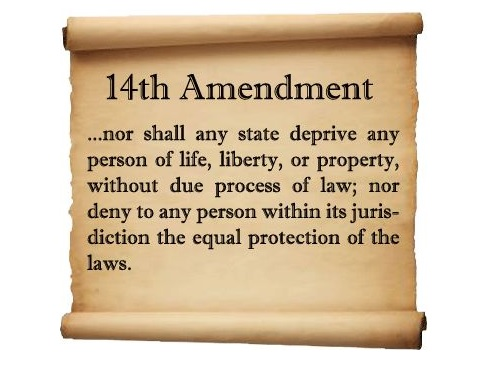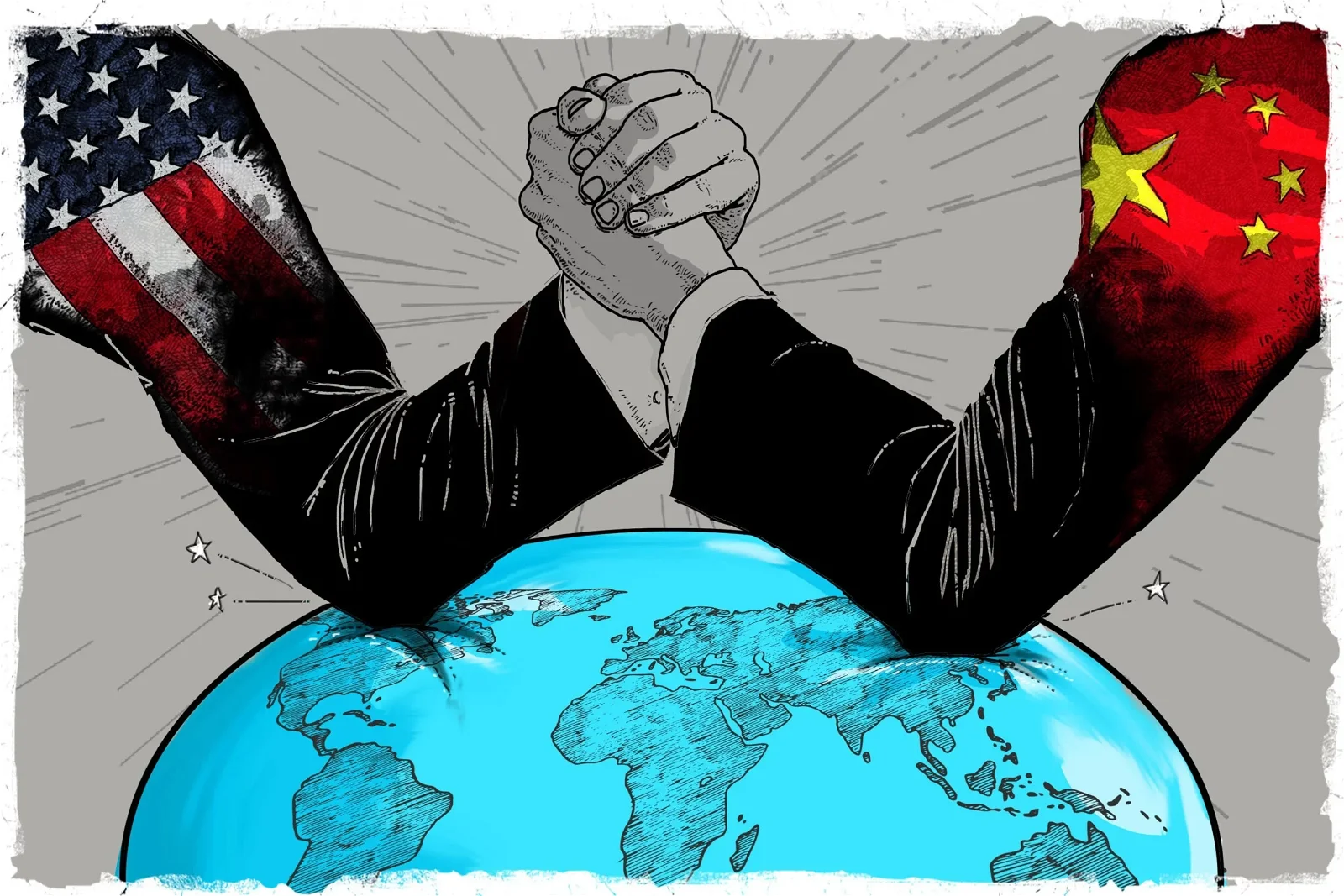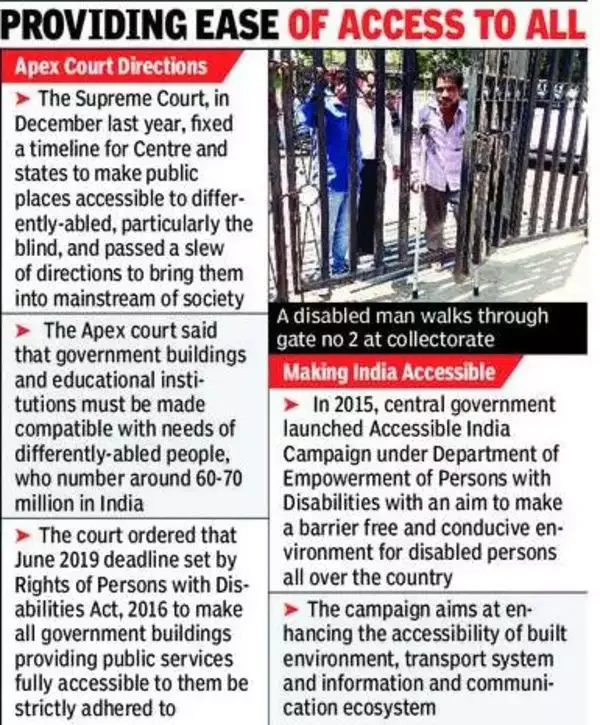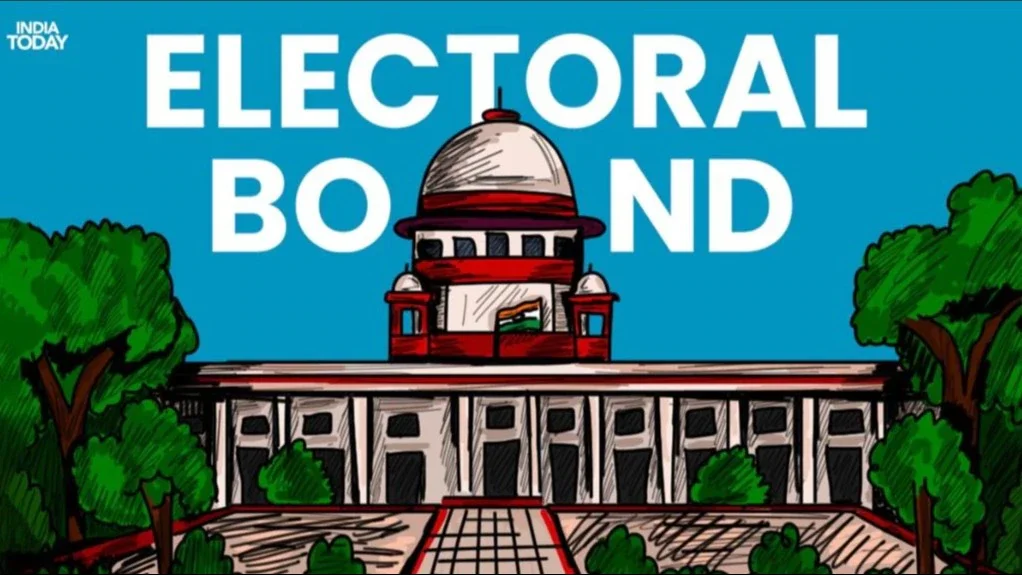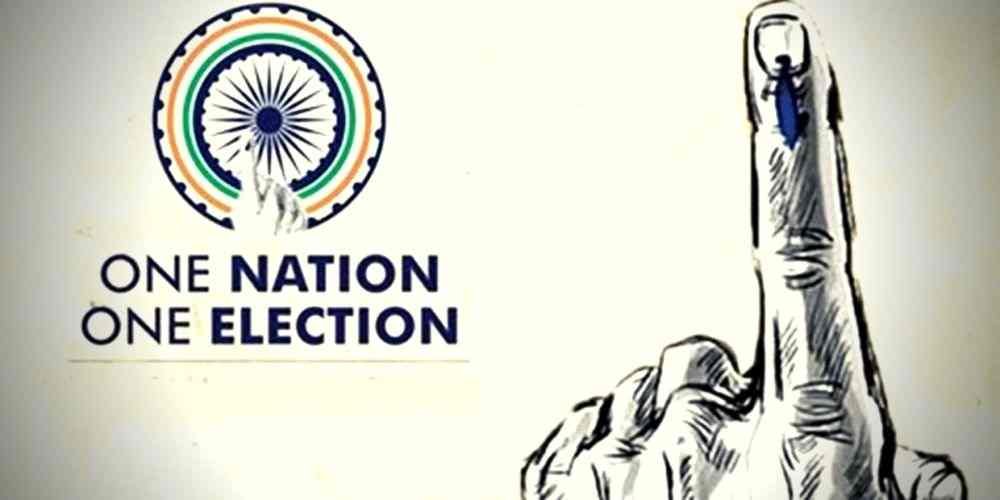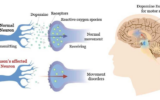
Telecom Bill 2023
Subscribers of "Current Affairs" course can Download Daily Current Affairs in PDF/DOC
Subscribe to Never Miss an Important Update! Assured Discounts on New Products!
Must Join PMF IAS Telegram Channel & PMF IAS History Telegram Channel
- Context (IE I PRS I TH): The Telecommunications Bill, 2023 was introduced in the Lok Sabha by the Union minister for Communications, Electronics & Information Technology.
- The Bill seeks to regulate activities related to telecommunication.
- It repeals the Indian Telegraph Act, 1885, the Indian Wireless Telegraphy Act, 1933, and the Telegraph Wires (Unlawful Possession) Act, of 1950.
- It also amends the Telecom Regulatory Authority of India (TRAI) Act, 1997.
Features of the Bill
Authorisation for Telecom-related Activities
- The GoI will have exclusive powers to lay telecom infrastructure, operate telecom networks, and provide telecom services.
- Other stakeholders will require prior authorization from the GoI to:
- Provide telecommunication services,
- Establish, operate, maintain, or expand telecommunications networks,
- Possess radio equipment.
- Government Directives for Message Transmission: The GoI can direct telecom services to transmit specific messages in the public interest.
- It empowers the GoI to take over control and management of telecommunication services and networks in the interest of national security, or the event of a war.
- Press Message Regulations: The Bill stipulates conditions under which press messages may be intercepted, detained, or prohibited from transmission.
Assignment of Spectrum
- Spectrum will be assigned by auction, except for specified uses (national security and defence, disaster management, weather forecasting, transport), where it will be allocated on an administrative basis.
- The bill also includes administrative allocation of spectrum for satellite broadband services, which is the global norm for assigning spectrum to entities.
- Bharti Airtel’s OneWeb, Elon Musk’s Starlink, and Amazon’s Kuiper will gain from this provision.
|
- The Bill allows telcos to “Reform” spectrum or use it for other technologies than initially intended when they bought it. For eg, 4G spectrum can be repurposed for 5G under the Bill’s provisions.
- Spectrum can also be “harmonized”, or strategically shared across different geographies by different telcos, and it can be surrendered if lying unused.
- The Bill also opens the door for sharing, trading, and leasing of spectrum.
What includes Telecommunication Services?
- Telecommunication services are defined as services provided over a telecommunication network and include:
- Communication services over a telecom network such as voice calling and SMS,
- Internet and broadband services,
- Data communication services,
- Interpersonal communication services, and
- Satellite communication services.
| The draft bill included email, internet-based communication services, broadcasting services, machine-to-machine communication services, and over-the-top (OTT) communication services. |
Powers of Interception and Search
- The GoI may intercept, monitor, or block messages or a class of messages between two or more persons.
- Such actions must be in the interest of specified grounds which include:
- Necessary or expedient in the interest of public safety or public emergency,
- Interest in national security,
- Friendly relations with other countries
- Prevention of incitement of offences,
- Public order
- Prevention of incitement of offense.
- Telecom services may be suspended on similar grounds (Mentioned above).
- An officer authorized by the government may search premises or vehicles for possession of an unauthorized telecom network or equipment.
Temporary possession and standards
- The GoI may take temporary possession of any telecom infrastructure, network, or services on the occurrence of any public emergency or public safety.
- GoI may prescribe standards for telecom equipment, infrastructure, network, and services.
Right of way
- Facility providers may seek a right of way over public or private property to establish telecom infrastructure.
- In the case of private entities, the requesting entity and the permitting entity may agree to facilitate the laying of infrastructure.
Protection of users
- GoI may provide measures to protect users which include:
- Prior consent to receive specified messages such as advertising messages,
- Creation of Do Not Disturb registers,
- A mechanism to allow users to report malware or specified messages.
- Entities providing telecom services must establish an online mechanism for registration b redressal of grievances.
Identification of users
- Entities have been mandated to carry out biometric authentication and Identification of their users as a measure to curb fraud.
- User shall not furnish any false particulars, suppress information, or impersonate another person for availing telecom services. Such contravention will be punishable.
Amendments to Telecom Regulatory Authority of India (TRAI)
- Appointments to TRAI:
- At least 30 years of professional experience to serve as the chairperson (Individuals from the private sector can also be eligible),
- At least 25 years of professional experience to serve as members.
- The Bill removes the requirement for GoI to seek recommendations from TRAI in matters of introduction of a new service provider and Terms and conditions of the license to a service provider.
Digital Bharat Nidhi
- The Universal Service Obligation Fund (USOF) has been established under the 1885 Act (Telegraph Act) to provide telecom services in underserved areas.
- The Bill retains this provision and renames the fund as Digital Bharat Nidhi (DBN).
- DBN may also be used for:
- Research and development of new telecom services, technologies, and products,
- Supporting skill development and training in telecom.
Offenses and penalties
- The Bill specifies various criminal and civil offenses.
- Providing telecom services without authorization, or gaining unauthorized access to a telecom network or data
- Breaching terms and conditions of authorization
- Possessing unauthorized equipment, or using an unauthorized network or service
Adjudication Process
- A tiered structure for settling disputes arising out of breach of terms and conditions involving an adjudicating officer, designated committee of appeals, and the Telecom Disputes Settlement and Appellate Tribunal (TDSAT) on top.
| TDSAT is empowered to adjudicate upon any dispute between the Licensor and a Licensee; two or more service providers; and between a service provider and a group of consumers. |
Key Issues and Analysis
Interception of Communication
- The Bill may enable mass surveillance. Such measures may violate right to privacy.
- The Bill has not incorporated procedural safeguards mandated by the SC to safeguard the right to privacy in case of interception of communication. Currently, these safeguards have been provided through Rules under the Indian Telegraph Act, of 1885 (Now replaced).
- Validity of orders: The Bill provides that an order under the above provisions may remain in effect as long as a public emergency or impediment to public safety exists.
- Who can issue orders? Any specially authorized officer by the central government or state government may issue orders for interception, monitoring, or blocking.
- The Bill does not provide for any oversight mechanism for interception orders.
SC on Interception of Communication and FRs under IC
|
Other Issues
- The Bill has been categorized as a money bill which reduces and restrict Rajya Sabha’s scrutiny.
- The Ministries of Finance, Corporate Affairs, and Commerce and Industry said DoT cannot make laws on subjects that do not fall solely in its domain and have revenue implications for the GoI.
- The GoI will have the power to issue licenses for telecom networks as well as services. This raises the question of whether they should be regulated similarly.
- The bill excludes the obligation of GoI to consult TRAI on licensing issues, which weakens TRAI’s role and make it a rubber stamp of GoI.
- In case of offenses by companies, the Bill does not protect employees on account of lack of knowledge or if they have exercised due diligence.
- It also does not hold the director, manager, or other officers liable for connivance or neglect.
|
- Some definitions may need a re-look. For eg, mobile phones would fall under the definition of wireless equipment. This would imply prior authorization is required to possess a mobile phone.
- Experts say that the GoI cannot take coercive action against states or municipal corporations to impose ‘right of way’ rules, as land is a state subject.
- Identification of users by entities using Biometric authentication has raised concerns of privacy.
- It is unclear how these provisions could potentially impact calls over WhatsApp which are typically end-to-end encrypted; meaning the company does not have access to the information being transmitted over such calls.
- The bill may lead to dual regulation for a host of online services, including platforms like Google Pay and Paytm which offer messaging as an ancillary service.
Significance of the Bill
- Enhanced Security Measures: The Bill’s provisions for government intervention in telecom services during emergencies highlight a focus on national security and public safety.
- Balancing Security and Freedom: While ensuring security, the Bill also acknowledges the need to safeguard press freedom, with specific rules for accredited correspondents.
- Modern Regulatory Framework: By replacing outdated laws, the bill aims to create a regulatory environment that aligns with current technological advancements and societal needs.
- Auction VS Allocation: After 2012 SC verdict, the Government allocation of natural resources like spectrum was completely banned. It is against this backdrop that the Telecom Bill is significant, that administrative assignment of spectrum may have advantages too.





![PMF IAS Environment for UPSC 2022-23 [paperback] PMF IAS [Nov 30, 2021]…](https://pmfias.b-cdn.net/wp-content/uploads/2024/04/pmfiasenvironmentforupsc2022-23paperbackpmfiasnov302021.jpg)
